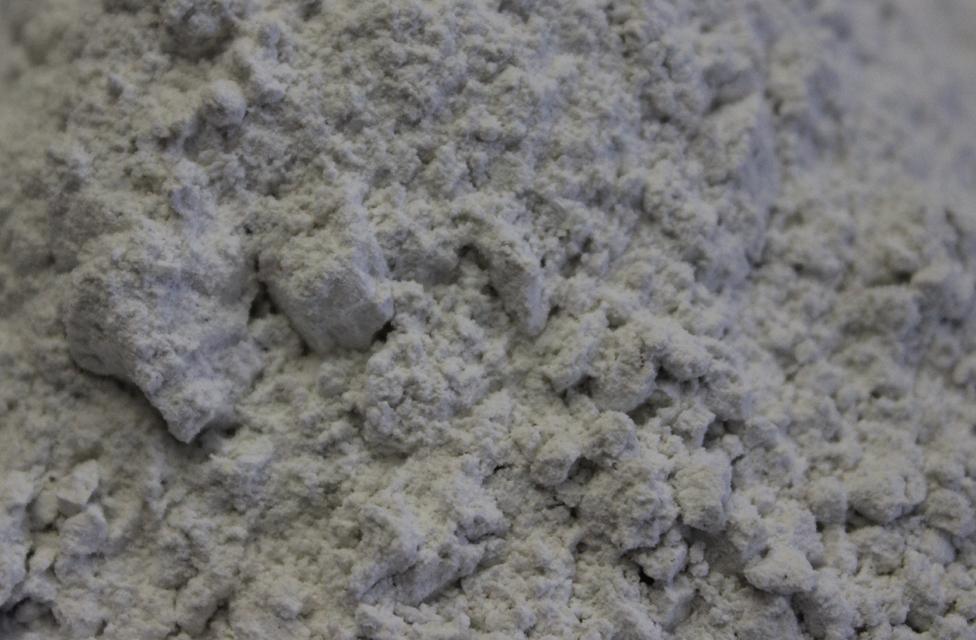Blog
What is the Simple Formula for Calcium Carbonate? Understanding CaCO₃
Calcium carbonate is a versatile compound commonly found in various natural sources. So, what is the simple formula for calcium carbonate? Understanding its chemical composition can help us appreciate its significance in daily life. Industries widely use calcium carbonate, ranging from construction to pharmaceuticals, so it’s essential to understand its formula and applications. In this article, we will explore the chemical formula for calcium carbonate, its structure, uses, and significance.
What is Calcium Carbonate?
Calcium carbonate is a chemical compound with the formula CaCO₃. It is composed of three elements: calcium (Ca), carbon (C), and oxygen (O). This inorganic compound occurs naturally in minerals like limestone, marble, and chalk. It is also present in the shells of marine organisms, snails, and eggs.
Calcium Carbonate Chemical Formula – Key Properties and Applications
The Simple Formula for Calcium Carbonate
The simple formula for calcium carbonate is CaCO₃. This formula shows that one calcium atom combines with one carbon atom and three oxygen atoms.The arrangement of these atoms is crucial for understanding the properties and behavior of calcium carbonate in different environments.
Molecular Structure of Calcium Carbonate
To comprehend what is the simple formula for calcium carbonate, it’s important to understand its molecular structure. Calcium carbonate has a trigonal planar arrangement due to the presence of a carbonate ion (CO₃²⁻). The calcium ion (Ca²⁺) carries a positive charge, while the carbonate ion has a net charge of -2. This ionic bonding between calcium and carbonate gives calcium carbonate its unique characteristics.
Properties of Calcium Carbonate
Calcium carbonate possesses several properties that make it valuable in various applications:
- Solubility: Calcium carbonate is slightly soluble in water, which means it can dissolve to a limited extent in aqueous solutions. This property is essential for its role in biological systems and geological processes.
- Acidity: When calcium carbonate reacts with acids, it produces carbon dioxide gas, water, and a salt. This reaction is fundamental in many industrial processes and in nature, such as the formation of caves.
- Thermal Stability: Calcium carbonate decomposes upon heating, breaking down into calcium oxide (CaO) and carbon dioxide (CO₂). This thermal decomposition is widely used in the production of lime.
Uses of Calcium Carbonate
Understanding what is the simple formula for calcium carbonate leads us to its diverse applications:
- Construction Industry: Calcium carbonate is a key ingredient in cement and concrete. It acts as a filler and helps in the construction of buildings and infrastructure.
- Pharmaceuticals: In medicine, calcium carbonate is used as an antacid to relieve symptoms of heartburn and indigestion. It also serves as a calcium supplement for those lacking sufficient dietary calcium.
- Agriculture: Calcium carbonate is applied to improve soil quality and increase crop yields. It neutralizes acidic soils and provides essential calcium for plant growth.
- Food Industry: Calcium carbonate is used as a food additive and is often added to fortify products such as bread, cereals, and juices. It serves as a calcium source and a leavening agent.
- Environmental Applications: Calcium carbonate is employed in water treatment processes to remove impurities and improve water quality. It also helps reduce acidity in lakes and streams.
Calcium Carbonate in Daily Life
What is the simple formula for calcium carbonate, and why does it matter in our everyday lives? Calcium carbonate is present in many products we use daily:
- Toothpaste: It acts as a mild abrasive, helping to remove plaque and stains from teeth.
- Antacids: Calcium carbonate is a common ingredient in over-the-counter antacids.
- Chalk: Used in classrooms and for art, chalk is primarily composed of calcium carbonate.
Environmental Impact of Calcium Carbonate
Calcium carbonate has a notable impact on the environment. Its natural sources play a vital role in carbon cycling. When organisms use calcium carbonate to form shells or skeletons, they sequester carbon dioxide from the atmosphere, contributing to a balanced ecosystem.
Conclusion
In summary, what is the simple formula for calcium carbonate? It is CaCO₃, a compound with essential roles in various industries and applications. Understanding its chemical structure, properties, and uses helps us appreciate its significance in our lives. From construction to healthcare, calcium carbonate is indispensable.
Follow us on Facebook!

